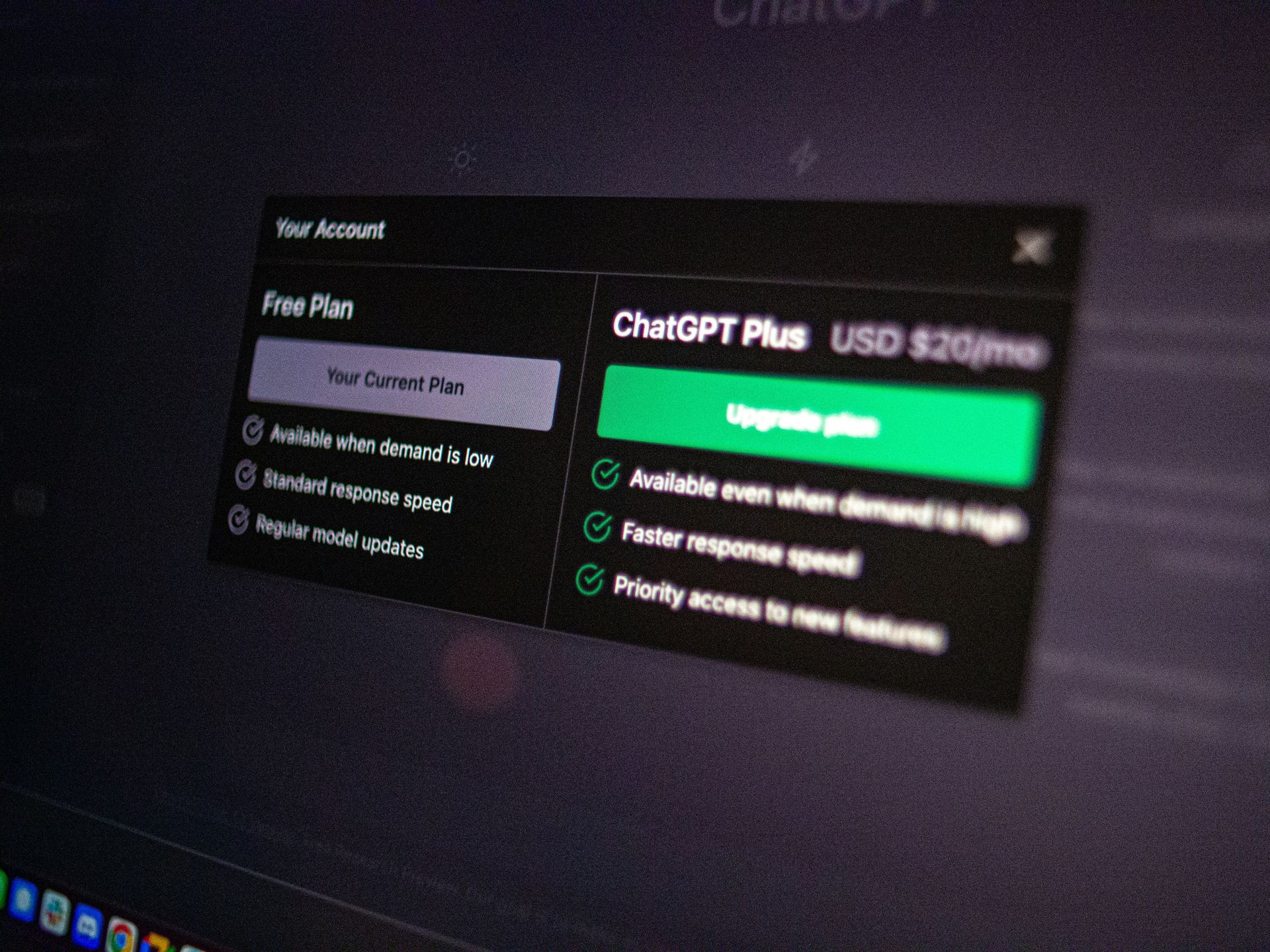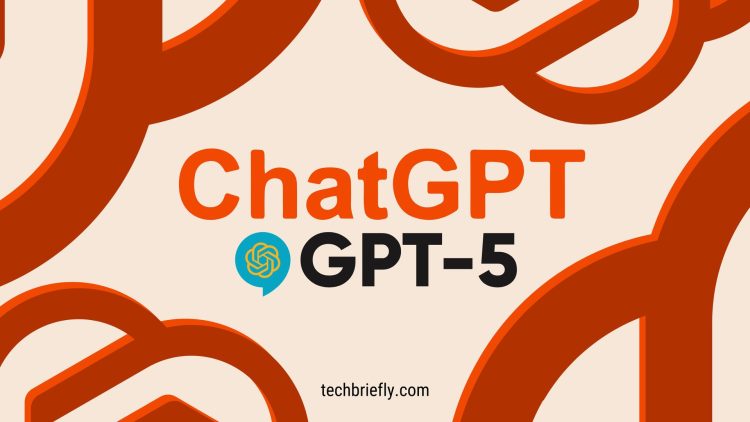OpenAI may be slowly counting down to ChatGPT 5. OpenAI’s Chief Operating Officer (COO) Brad Lightcap points to the rapid evolution of AI (artificial intelligence) technology, predicting that artificial intelligence (AI) systems used today will look “ridiculously bad” within a year.
At the 27th annual Milken Institute Global Conference, Lightcap said AI will take on much more complex tasks and be a “great teammate” for users.
Lightcap emphasized how large language models will play a more effective role in achieving personal and professional goals.
OpenAI hints at ChatGPT 5: A leap forward in AI capabilities?
OpenAI, the leading artificial intelligence research laboratory, appears to be gearing up for the next iteration of its groundbreaking language model, ChatGPT. Recent comments from OpenAI‘s Chief Operating Officer, Brad Lightcap, suggest that the company is on the cusp of unveiling ChatGPT 5, a model poised to redefine the boundaries of AI capabilities.
Lightcap’s remarks at the Milken Institute Global Conference paint a picture of a future where AI systems evolve from mere tools to invaluable collaborators. He predicts that within a year, current AI technology will seem primitive compared to the advancements on the horizon. ChatGPT 5, expected to launch this summer, is anticipated to be a significant step in this evolution, empowering users to tackle increasingly complex problems with the assistance of AI. The ever-evolving evolution of artificial intelligence continues to amaze us. We will see what will happen in the future and how AI will transition to general AI. This could happen sooner than experts think.
The implications of this shift are profound. AI could become an integral part of both personal and professional endeavors, acting as a “great teammate” capable of understanding and responding to intricate challenges. This enhanced level of collaboration could revolutionize the way we approach problem-solving and decision-making across various domains.

Lightcap’s confidence in ChatGPT 5’s capabilities is noteworthy. He describes the model as “materially better” than its predecessor, ChatGPT 4, hinting at unspecified new features that could further expand the potential of AI. While the specifics remain shrouded in secrecy, Lightcap envisions a future where AI is trusted as a personal assistant, offering support and even a touch of humor.
The rapid pace of AI development raises intriguing questions about the future of human-AI interaction. OpenAI’s track record suggests that each new model surpasses the previous one, pushing the boundaries of what’s possible. If this trend continues, ChatGPT 5 could render ChatGPT 4 obsolete within a few months, highlighting the exponential growth of AI technology.
As we stand on the precipice of this AI revolution, one thing is clear: the future holds immense potential for AI to transform human life in ways we can only begin to imagine. The advancements hinted at by OpenAI suggest that we are merely scratching the surface of what AI can achieve, leaving us with a sense of anticipation and excitement for the transformative journey ahead.
Featured image credit: Furkan Demirkaya





